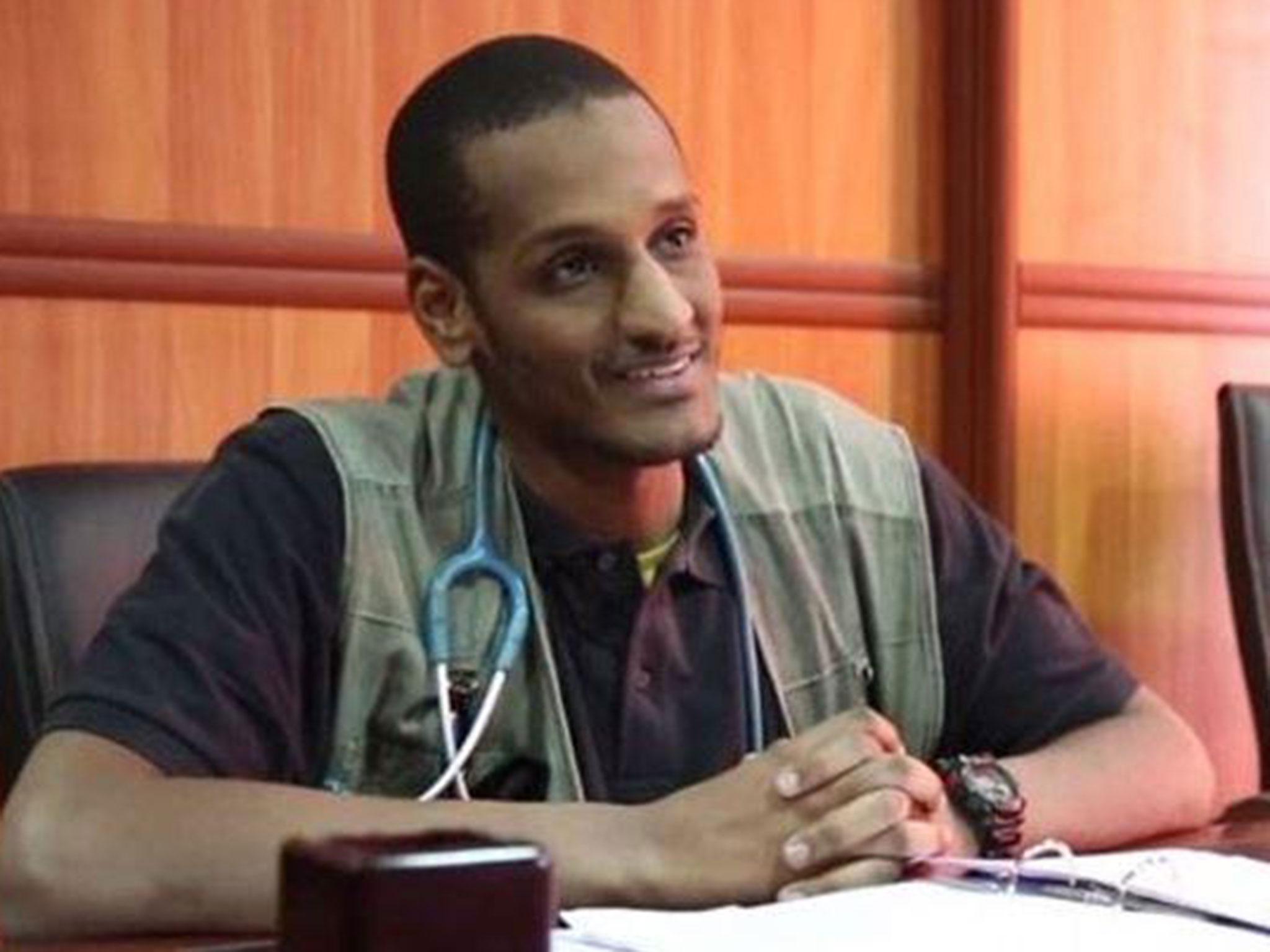British medical students who joined Isis 'killed in Iraq'
Ahmed Sami Khider and Hisham Fadlallah are thought to have died at the weekend

Your support helps us to tell the story
This election is still a dead heat, according to most polls. In a fight with such wafer-thin margins, we need reporters on the ground talking to the people Trump and Harris are courting. Your support allows us to keep sending journalists to the story.
The Independent is trusted by 27 million Americans from across the entire political spectrum every month. Unlike many other quality news outlets, we choose not to lock you out of our reporting and analysis with paywalls. But quality journalism must still be paid for.
Help us keep bring these critical stories to light. Your support makes all the difference.
The group, all aged in their late teens and early 20s, allegedly flew to Istanbul from Sudan on 12 March in order to assist victims of war in Isis-controlled areas.
The students were born and raised in England, but had been studying medicine in the Sudanese capital Khartoum, where it is believed they were radicalised.
At least four members of that group have since been killed.
Shortly after arriving in Syria, Khider appeared in a propaganda film urging other Britons to travel to Syria and Iraq.
While many Isis films show pictures of masked men posing with guns, the softly spoken son of a doctor appealed for fellow UK doctors to join him in building a new society in a propaganda clip released by the group.
"There is a really good medical service being provided here, lots of hospitals … Paediatric hospitals, with specialised doctors," said the former student of Wallington County Grammar School in south London, sitting behind a desk in a wood-panelled office with a stethoscope around his neck.
The son of a doctor, who finished his UMST medical degree in July 2014, added: "Dear brothers and sisters, we as Muslims and as doctors have a great responsibility.
"All you are doing is sitting in the West in the comfort of your homes. Use your skills and come here."
The death of the pair follows news last week that a British bomber, named by Isis as Abu Zakariya al-Britani, blew himself up in an explosives-laden vehicle in a village south of Mosul.
The former Guantanamo Bay detainee, who was reportedly paid as much as £1m in compensation from the British Government after his release, was suspected of terrorism by the Americans but freed from the US detention centre in 2004.
The 50-year-old Muslim convert, from Manchester, was born Ronald Fiddler but also went by the name Jamal al-Harith.
Around 850 individuals of national security concern have travelled to join the conflict, according to figures published by the Government last year.
Of those, just under half have returned to the UK and approximately 15 per cent are dead.
A Foreign Office spokesman said: "We advise against all but essential travel to all of Iraq, and against all travel to large parts.
"Anyone who does travel to these areas, for whatever reason, is putting themselves in considerable danger."
Subscribe to Independent Premium to bookmark this article
Want to bookmark your favourite articles and stories to read or reference later? Start your Independent Premium subscription today.
Join our commenting forum
Join thought-provoking conversations, follow other Independent readers and see their replies
Comments